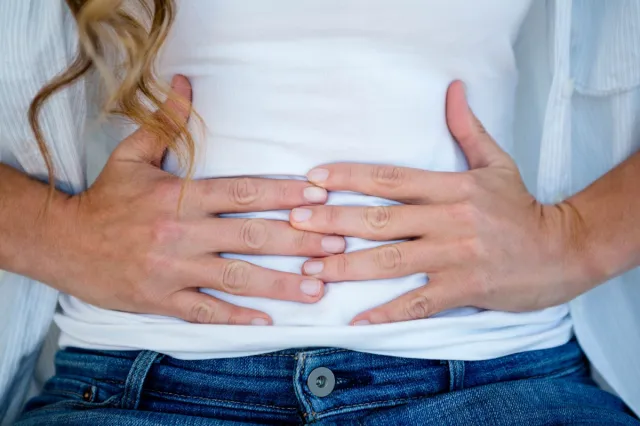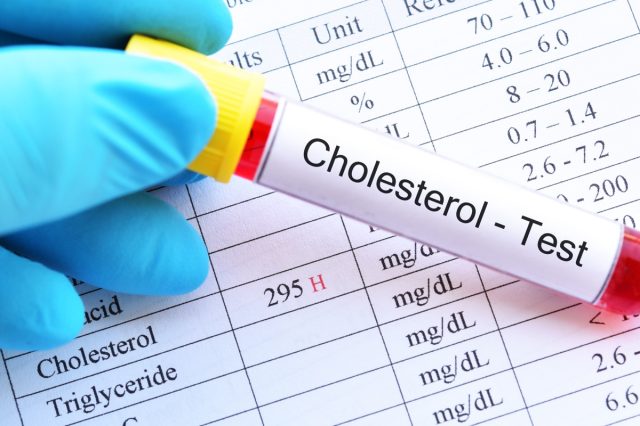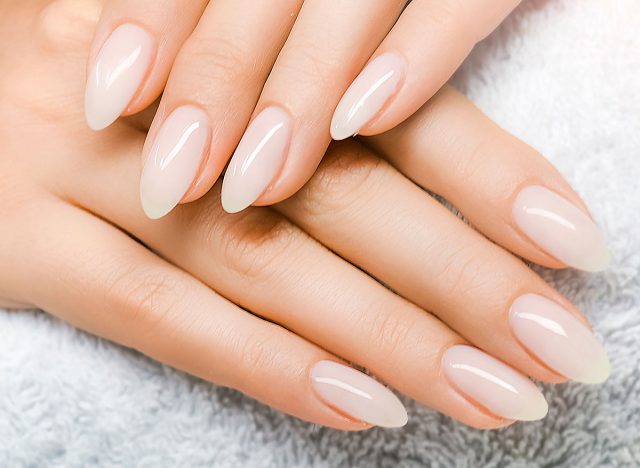What Happens to Your Body When You Quit Cereal

Is cereal a good choice for breakfast? That depends on the ingredients, which unfortunately have not been the best. Breakfast cereals tend to be highly processed, with refined carbs, additives, and lots of added sugars. None of these are good for your health or your waistline. "Cereal brands have gotten better at reducing added sugars over the years, but a lot still contain pretty high amounts," wellness dietician Amanda Beaver tells Houston Methodist. "It's important to look at the added sugar content on the nutrition label to ensure you're making a healthy breakfast cereal choice." Here's what happens to your body when you stop eating unhealthy cereals.
Weight Loss

One of the major upsides to cutting out ultra-processed foods like cereal is weight loss. "There is a very reputable scientist, Kevin Hall, in the United States. He ran a clinical trial and found that when people eat an ultra-processed food diet, they eat about 500 calories more per day, compared to people on a whole food diet, eating the same amounts of fat, salt, sugar and fiber," Dr. Chris van Tulleken, author of Ultra-Processed People, tells NPR. "And there's a lot of epidemiological evidence that shows it is the ultra-processed food that interferes with our body's ability to say, 'you know what, I can stop eating now.'"
Less Bloating

One significant bonus of not eating ultra-processed cereals is less bloating. "Many processed foods are high in sodium, which makes your body retain water and can cause your stomach to feel bloated," Stacy Loudon, ACSM-CPT, tells South Lake Hospital. "Sugary foods and snacks break down in your body and can make you gassy. Even what you drink can upset your stomach."
Better Energy

Highly processed nutrient-poor cereals can cause energy slumps. "If you experience an afternoon slump or just feel tired a lot of the time despite getting enough sleep, it's possible your eating habits are contributing to low energy levels," Samantha Cassetty, RD, tells TODAY. "Heavily processed and sugary foods are some of the biggest dietary culprits that can lead to fatigue."
Cholesterol Improvements

Not eating cereals can positively impact your cholesterol. "I think a lot of people don't realize that insulin resistance and high cholesterol are linked," Dr. Joshua Septimus tells Houston Methodist. "If you eat a lot of processed foods, particularly sugar-sweetened beverages, that will drive your cholesterol up."
Better Satiety

Cereals may make you feel hungry even after eating. "Unbeknownst to many people, the foods we buy have a lot of toxic additives lurking in them," Amy Shah, MD, tells CNBC. "This means they've been altered in ways that actually make you hungrier and hijack the brain to worsen your emotional eating habits."
Better Oral Health

Because ultra-processed foods tend to be high in sugar and starch, they may negatively impact your teeth both in health and appearance. By replacing cereal with an option such as eggs or Greek yogurt, you are immediately improving your dental health.
Strong Hair and Nails

Your hair, skin, and nails need nutrients to grow and thrive—ultra-processed foods are usually nutrient poor, so your appearance suffers. By avoiding foods such as starchy sugary cereals and opting for healthy choices such as berries and oatmeal, your hair and nails may grow thicker and stronger.
Better Sleep

Eliminating cereals could lead to better sleep. "Researchers found that eating an unhealthy diet high in processed food can affect people's deep sleep (also known as slow-wave sleep)," according to Harvard Health. "During this sleep stage, the pituitary gland in the brain releases a burst of growth hormone, which helps build and repair muscles, bones, and other tissues."
Better Moods

Eating whole foods instead of ultra-processed cereals can improve your mood. "This is no surprise. There is a connection between our mood and the foods that we eat," Susan Albers, PsyD, tells the Cleveland Clinic. "What we eat every day is a daily investment in how we feel."
Better Skin

Ultra-processed foods like cereals may wreak havoc on your complexion. "If you're like most Americans, you consume plenty of high-glycemic foods and beverages," says the American Academy of Dermatology. "These foods and beverages raise your blood sugar quickly. Examples include white bread, corn flakes, puffed rice, potato chips, white potatoes or fries, doughnuts or other pastries, sugary drinks such as milkshakes, and white rice." And if you enjoyed this article, don't miss 12-3-30 Walking Method: 20 Proven Tips to Lose Weight Faster.




